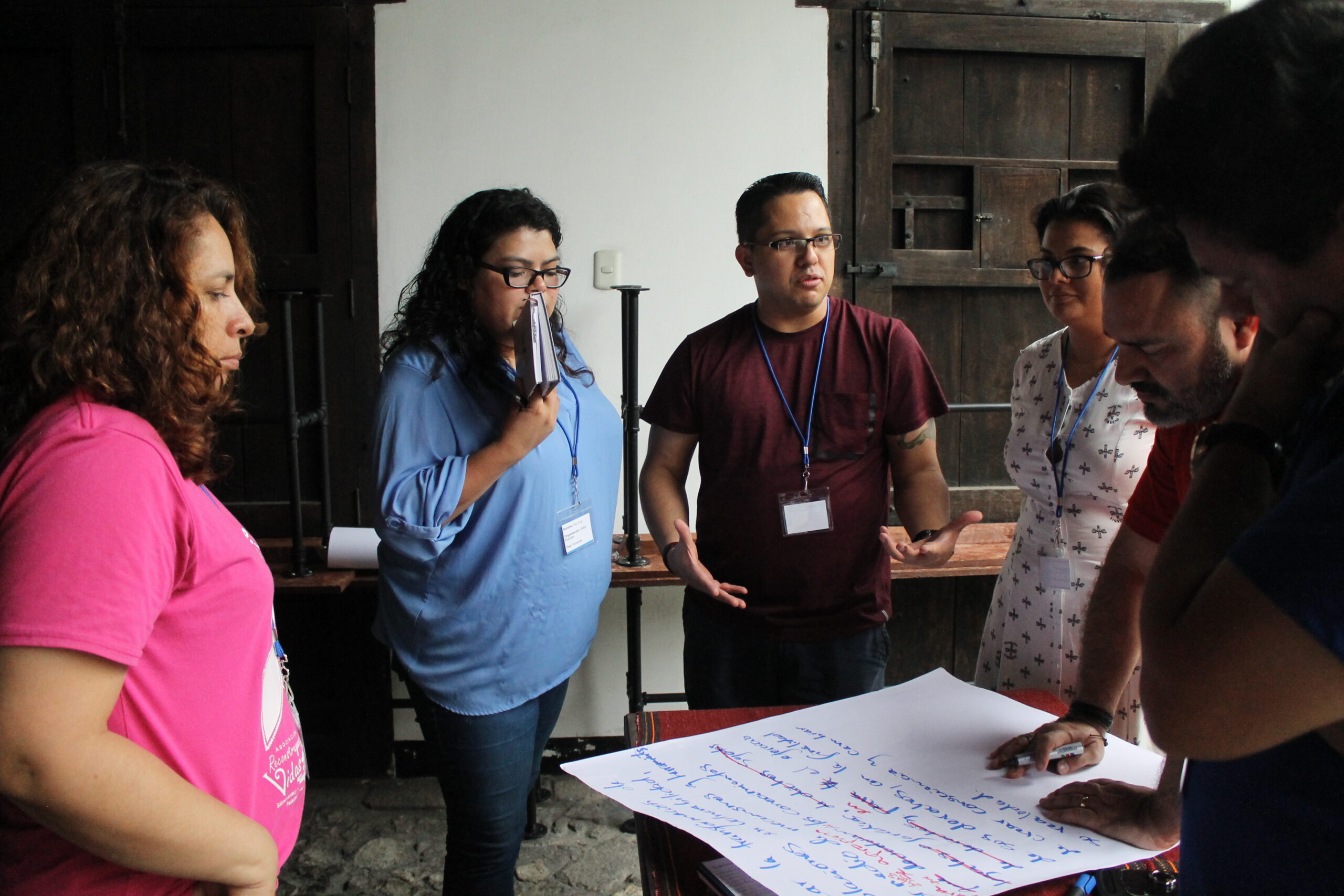Learning together about whether and how communities can make carbon markets work for them
The Challenge
Around the world, communities are at the forefront of stewarding nature and mitigating the climate crisis. They are protecting forests, preventing destruction of peatlands, and ensuring herd rotations in grasslands.
In many places today, communities are finding that the ecosystems they inhabit are of interest to complex carbon markets.
Carbon markets have significant risks. Companies or countries could use carbon payments as an excuse to continue polluting in their home country, for example. On the receiving end, governments or intermediary organizations sometimes accept carbon payments without informing or compensating the communities whose land it is.
We have heard from some communities that, if it’s possible, they’d be interested in accessing these payments in a way that respects their rights. There are also crucial policy questions to answer about who carbon rights belong to and how community rights will be protected in carbon markets.
The Opportunity
The Grassroots Justice Network is inviting grassroots justice organizations to participate in an eight month virtual and in-person opportunity to share learning with each other about how communities can respond to carbon markets. This program is designed by and led by Grassroots Justice Network members.
Together, grassroots justice advocates will explore the following questions:
- How can we best support communities to understand carbon payment schemes, and to negotiate with them from a position of strength?
- If communities do wish to access payments, what are the elements of an equitable and transparent agreement?
- How can the communities who live closest to the eco-systems in question shape the rules that govern these schemes? What national policies would best protect the rights of communities?
Structure and content
The program will include 3-4 virtual exchanges, 90 minutes each, over the course of several months, followed by a 5-day in person exchange. After the in-person exchange, there will be a period of mentorship and one final virtual exchange where participants showcase how they are applying what they’ve learned. Programming will be available in English and Spanish. Other language options may be possible based on demand.
By the end of the program, participants will be able to 1) describe carbon rights, carbon markets, and carbon credit systems; 2) apply lessons from other areas of grassroots justice work to this problem (e.g. community negotiating techniques); and 3) respond to communities negotiating on carbon payments and/or shaping carbon rights policy.
In the second phase of the program, we will use what we learned together to create an online self-guided course. We will also put together a policy brief based on our collective experience.
Selection criteria
Participating organizations will be selected based on the following criteria:
- At least 2-3 staff members are able to participate;
- The program is relevant for the organization’s work (communities engaged in discussions about carbon rights negotiations or national policy about carbon rights);
- The organization has experience using legal empowerment to address land and environmental justice;
- The organization has the bandwidth to engage in the program and put learning into practice.
Preference will be given to maintain a gender balance and ensure representation from indigenous communities.
To ensure the opportunity for deep, focused learning, approximately 8-10 organizations, with 2-3 representatives each, will be invited to participate in the virtual and in-person components. Depending on demand, some additional organizations will be invited to participate in only the virtual component. Participants who are selected for the in-person component must fully participate in the virtual component to be able to attend the in-person convening.
Apply now!
Fill out an application here to join the program by June 19. Application forms in Spanish and French are available. Email us at networklearning@namati.org with any questions.

